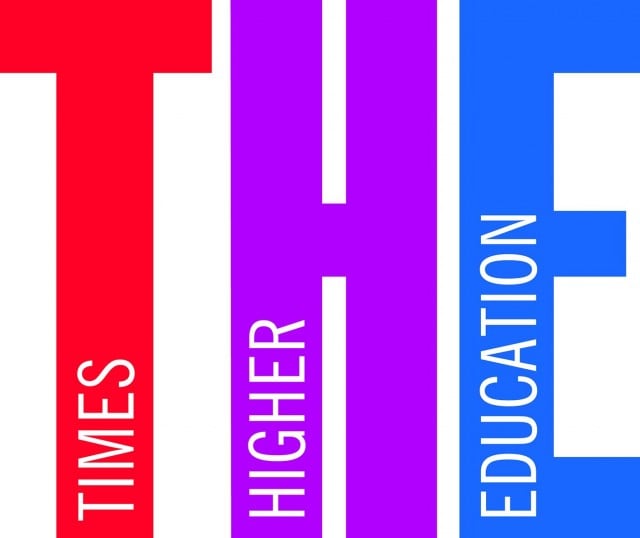You have /5 articles left.
Sign up for a free account or log in.
Calls by Italy’s far-right governing party for a book about it to be removed from a university reading list have been met with limited resistance, Italian academics have warned, opening the door for further attacks on academic freedom in the future.
Last month, a regional branch of the League, part of Italy’s governing coalition and currently the country’s most popular party, demanded the removal of La Lega di Salvini from the reading list of a course taught by a political science professor at the University of Bologna.
 The branch objected to the book’s description of the party as “extreme right” and to its criticisms of Matteo Salvini, the party’s leader and Italy’s deputy prime minister.
The branch objected to the book’s description of the party as “extreme right” and to its criticisms of Matteo Salvini, the party’s leader and Italy’s deputy prime minister.
Academics have a duty of loyalty to the state, and universities should not be places of political “propaganda,” party representatives argued in the Emilia-Romagna regional assembly.
Gianluca Passarelli, a political scientist at Sapienza University of Rome and co-author of the book, told Times Higher Education that his biggest surprise had been how little reaction there had been in Italy to such an attack.
“From a media point of view, there has been no attention,” he said.
The book, published in September 2018, draws on surveys and policy documents to examine the party, which entered government last June in coalition alongside the antiestablishment Five Star Movement.
In a sense, the book’s content is “quite banal,” Passarelli said, because calling the League “extreme right” was hardly controversial in academic literature and was something that the authors had done before in previous research.
“The fact that they tried to silence our book meant that they … do not accept their identity,” he said. Passarelli added that the incident illustrated that the League was attempting to “deny the freedom of research.”
The League’s attack on the book was “worrying,” said Andrea Mammone, a history lecturer at Royal Holloway, University of London, and a commentator on Italy’s far right. It was “one of the first times that someone is challenging an academic book," he said. “They are actually criticizing researchers … They want to shut down opinions.”
Whether the League would continue to attack academic research “depends on the reaction of society and mainstream politics,” Mammone said. “For me, there was not enough reaction.”
Despite the League’s objections, Passarelli’s book has remained on the reading list. There have been no further developments since the initial attack, a University of Bologna spokesman said. Nor has the Italian government enacted any concrete policies to limit academic freedom, said Mammone. The country’s Ministry of Education, Universities and Research is led by an independent, Marco Bussetti.
But Salvini has stoked antiacademic sentiment by repeatedly disparaging the professoroni: know-it-all, elitist experts who, he claims, oppose his policies. “I’m worried about their overall approach,” Mammone said, because the League sees academic freedom as a “leftist bastion.”
“The Italian academy is strong,” said Passarelli. “We are not scared of the League, frankly. The problem is that they do not like universities. They assume that we are lazy, that we do not do anything” and “do not produce anything useful to the country,” he warned.
League representatives did not respond to a request for comment.




